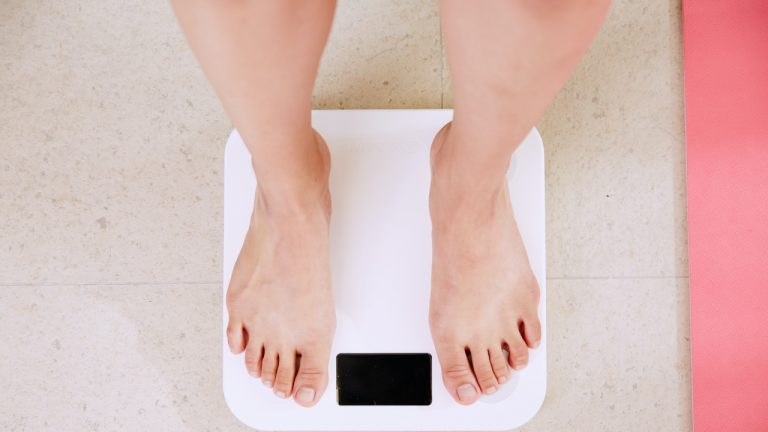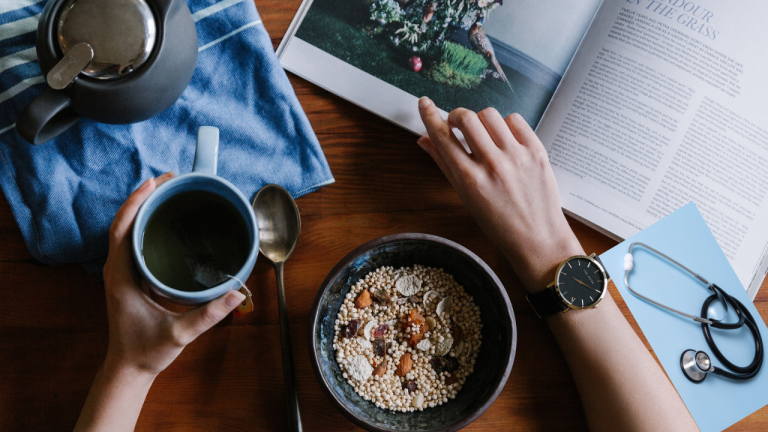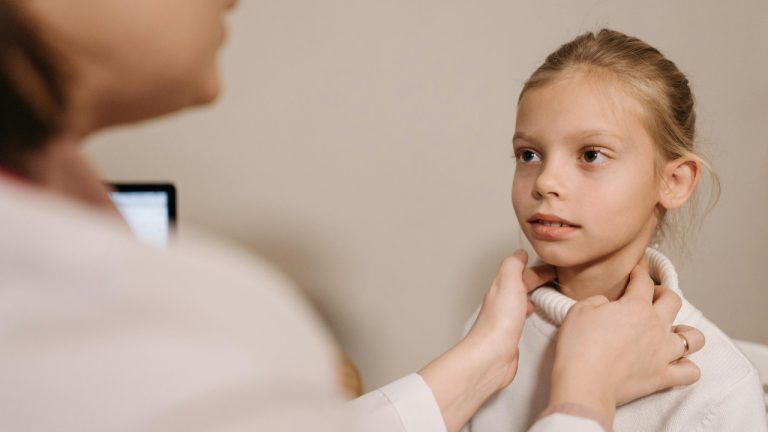Why Water is Avoided After Meals?

There is a common belief that drinking water immediately after a meal should be avoided because it can interfere with the process of digestion. However, this belief is not supported by scientific evidence. In fact, there is no harm in drinking water after a meal, and it can actually have some benefits for digestion and overall health.
Here are a few reasons why some people may have been advised to avoid drinking water after meals:
Dilution of digestive juices: Some people believe that drinking water after a meal dilutes the digestive juices, such as stomach acid, and hampers the process of digestion. However, the stomach is capable of producing large amounts of gastric juices to break down food regardless of water consumption. In fact, water can help in the process by aiding the movement of food through the digestive tract.
Bloating and discomfort: Some individuals may experience temporary bloating or discomfort if they drink a large volume of water with a meal. This is more related to the quantity of water consumed rather than the timing. It’s generally recommended to drink water in moderation throughout the day, including during and after meals, to avoid excessive bloating.
Nutrient absorption: There is a concern that drinking water immediately after a meal might interfere with the absorption of nutrients in the food. However, the digestive process is a complex and gradual one, and water consumed after a meal will likely have little impact on the absorption of nutrients.
In reality, drinking water after a meal can have several benefits. It aids in hydration, helps maintain healthy digestion, supports the movement of food through the digestive tract, and can contribute to a feeling of fullness, which may help with portion control and weight management.
Ultimately, it’s important to listen to your body and drink water when you feel thirsty, whether it’s before, during, or after a meal. Pay attention to your own comfort and adjust your water intake accordingly.



